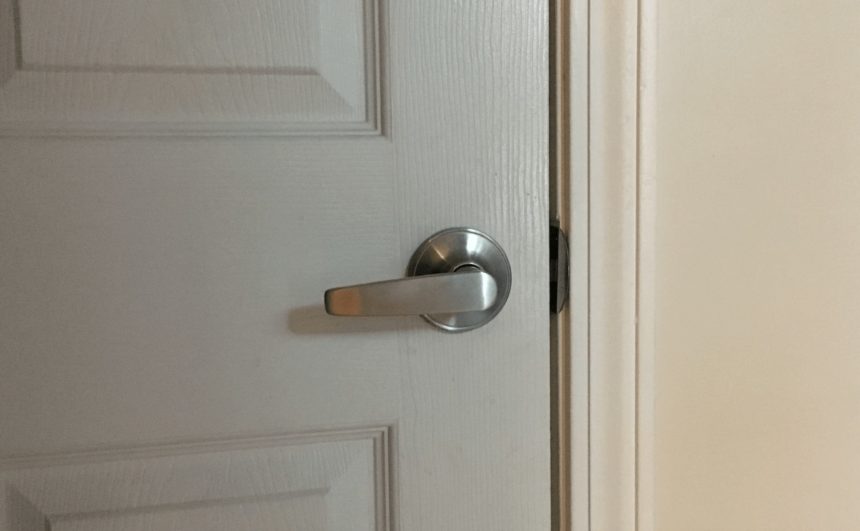
Credit: Getty Images
Reports that $300 billion in affordable housing investments for older adults could be slashed from the budget reconciliation legislation under consideration by federal legislators has an aging services leader warning Congress not to renege on its commitments.
“Cuts to affordable housing could condemn millions of older Americans to the misery of growing older without a roof over their head, or of choosing between rent, food and medicine each month,” LeadingAge President and CEO Katie Smith Sloan said. “Older Americans are not disposable bargaining chips. They are our relatives, friends and neighbors who will suffer every day and night without a place to call home.”
Sloan issued the warning following media reports that congressional leaders are considering pulling $300 billion in housing aid proposed by President Biden.
The $3.5 trillion Build Back Better Act proposes $322 billion for affordable housing programs, including $2.4 billion for the Department of Housing and Urban Development’s Section 202 Supportive Housing for the Elderly Program. Those dollars, according to LeadingAge, could add 35,564 new Section 202 homes, service coordinators and support for states to provide access to home- and community-based services.
Sloan’s plea was backed by Rep. Maxine Waters, chairwoman of the House Committee on Financial Services, and 29 members of Congress who in a letter last week urged congressional leaders not to abandon critical investments in America’s affordable housing.
A recent LeadingAge survey revealed that 86% of Americans support increased public investment in housing and support for low-income older adults. The investment would address shortages and waiting lists that led to homelessness, instability and skipping meals and medicine to pay rent.
“When older adults pay more than 50% of their income on housing costs, they forgo proper food or medicine. Some sleep on their friends’ couches, live in substandard housing or move in with their children,” said Amy Schectman, president and CEO of Boston-based 2Life Communities. “Waiting lists of affordable housing often last seven or eight years. Unfortunately, many will die before we are able to welcome them in our community.”
‘Worst case needs’
Sloan pointed to a new HUD report showing that the number of older adults with “worst case needs” — very low income older adults who pay more than half their incomes for rent, and / or live in housing with serious repair issues — increased by 82% during the past decade, the only household type with such dramatic gains.
According to the report, the number of older adult very low income renter households with worst case needs increased by 16% between 2017 and 2019. More Section 202 housing, according to LeadingAge, will alleviate the nation’s worst case housing needs among older adults while also connecting them with the services they need to age in community.


